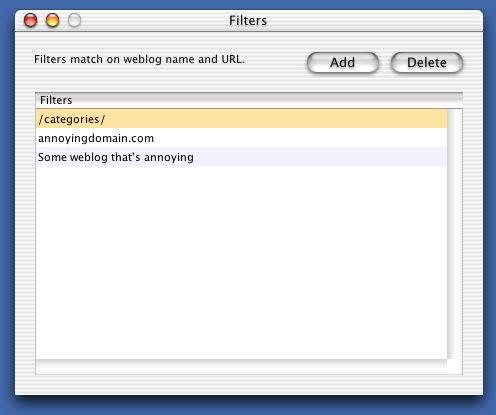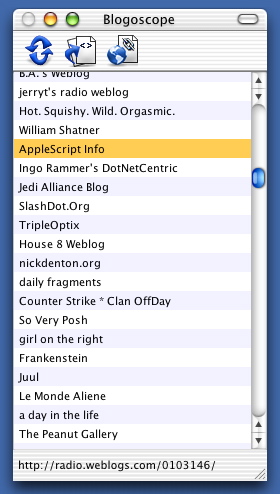When I was a boy there was tremendous pressure not to succeed in school.
No, that’s not quite right. Success was good—good grades were prized—as long as you didn’t try to get good grades by working hard and being smart.
The A-list kids—the charming boys, the pretty girls, from the nicer homes—they were always on the honor roll, and they got there by habitually and openly cheating.
They got their homework and their test answers, often right under the teacher’s nose, from the few eggheads in class. I was one of those. I wanted to be liked, so I gave them the answers.
Until I realized that I would never be liked more than someone likes their prize dog.
And I realized it was a terrible system. The teachers wanted to be liked by these kids just as much as I did. Nobody ever got in trouble for cheating, or at least none of these kids did.
I quit helping them in the sixth grade, but I noticed these same kids kept on cheating all the way through high school. With no consequences. They got into good schools.
I don’t know what happened to them in college, since I moved across the country, but I bet they did well.
I hope this system has changed by now. I hope it was just the schools I went to where this was going on. But I have doubts.
To this day I have to work hard to remember that I don’t need to throttle back. No one’s going to make fun of me for being an egghead. Or, if they are, then screw them, I don’t care about them.
I wonder how many other smart people throttle back, keep their smarts in semi-seclusion, as a left-over habit from childhood. It’s a bad habit. You just have to keep reminding yourself you’re not a kid anymore.
On the other hand, I’ve also known eggheads who use their smarts to intimidate and belittle other people. I think it comes from the same place; it’s the defense mechanism of a snarling dog. Well, that’s not cool. Snobbery is the sickness.



